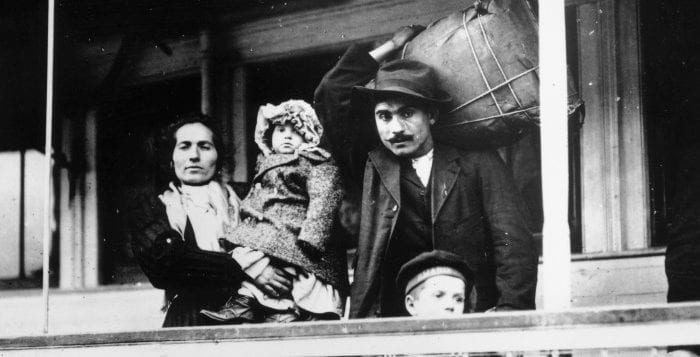By Daniel Dunaief

We make them before we even get up. We lie in our beds, staring at our alarm clocks, where we are faced with the first of countless decisions. Should we get up now or can we afford to wait a few minutes before climbing out of bed?
Decisions range from the mundane to the mind blowing: Do you want pickles, lettuce and tomatoes and what kind of bread would you like; you’re taking a pay cut so you can do what job exactly; are you sure you want to sell that stock today when it may be worth more tomorrow?
We rarely take a step back from the decision-making process because we generally don’t want to slow our lives down, leaving us less time to make other decisions.
Some of the decisions we make are through a force of habit. We buy the same ketchup, take the same route to work, wear the same tie with the same shirt or call the same person when we are feeling lonely.
Just because we have always done something one particular way, however, doesn’t mean we made the best choice, or that we considered how the variables in our lives have changed over time.
As we age, we find that our needs, tastes and preferences evolve. Our bodies may have a lower caloric demand, especially if we spend hours behind a desk. We might also be more prepared to debate or argue with our priest or rabbi, or we might have a greater need to help strangers or make the world a better place for the next generation. The way we make decisions today may be inconsistent with the way we made them for the younger versions of ourselves.
We may have some of the same tastes for movies or books that we had 20 years ago. Then again, we may place a higher value on experiences than we do on possessions.
Eating a particular food, calling a person who makes us feel inadequate or sticking with the same assignments or jobs is often not the best way to live or enjoy our lives.
Inertia affects the way we decide on anything from whether to vote Democratic or Republican to whether we would like pasta or salad for lunch. Sure, I could defy the old me. But then am I remaking a decision or remaking myself?
Ah, but there’s the real opportunity: We can follow the Latin phrase “carpe diem” — seize the day — and redefine and reinvent ourselves as long as we do it with purpose and focus.
Sure, that takes work and planning and we might change something for the worse, but maybe we would make our lives better or leave our comfort zone for greater opportunities. We can decide to take calculated risks with our lives or to move in a new direction. After all, we teach our children to believe in themselves. And if we want to practice what we preach, we should believe in ourselves, too, even on a new path.
Why should we put our lives on automatic pilot and sit in the back seat, making the same circles month after month and year after year? Some routines and decisions, of course, are optimal, so changing them just to change won’t likely improve our lives.
But for many decisions, we can and should consider climbing back into the driver’s seat. For a moment, we might cause our paths to rock back and forth, as if we shook the wheel, but ultimately we can and will discover new terrain.






 How often do we watch an interview with someone who has accomplished the unimaginable, who doesn’t know what to say or who is it at a loss for words when someone shoves a microphone in that person’s direction?
How often do we watch an interview with someone who has accomplished the unimaginable, who doesn’t know what to say or who is it at a loss for words when someone shoves a microphone in that person’s direction?







